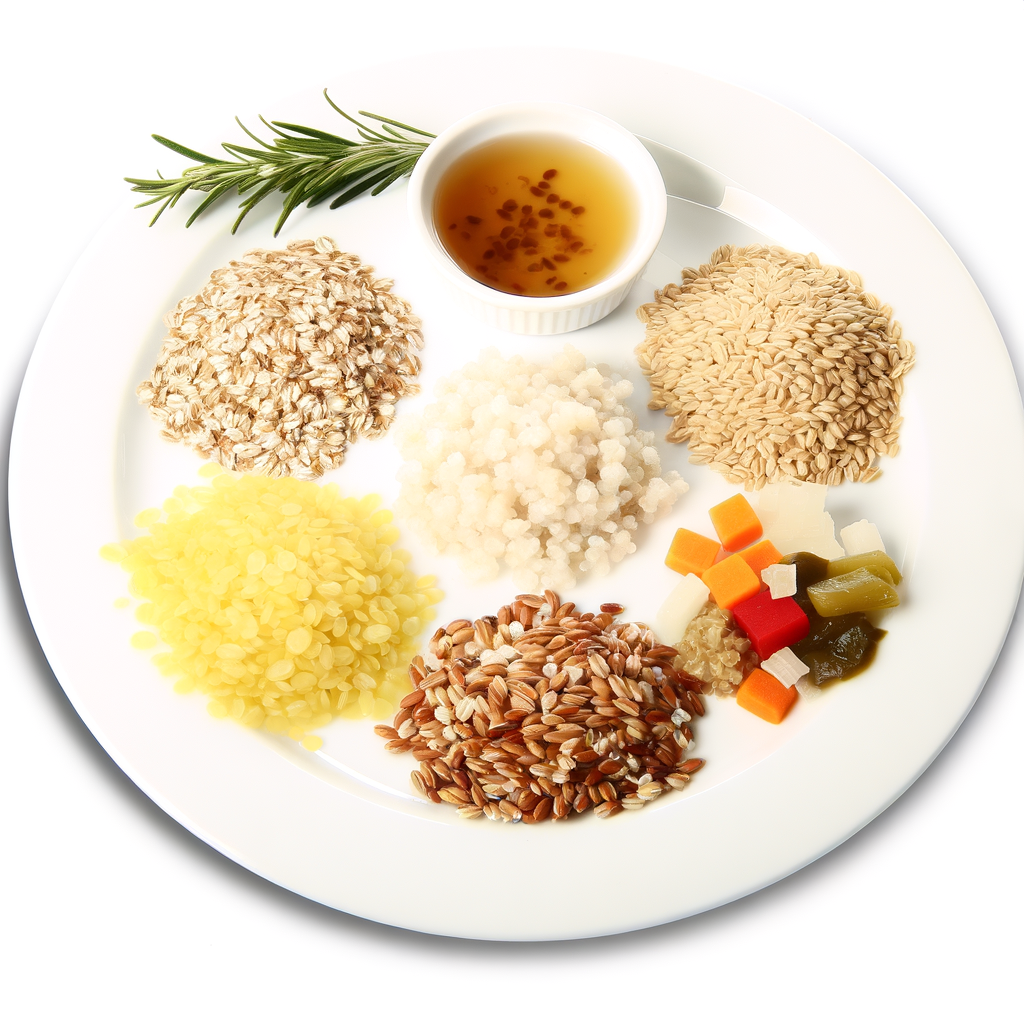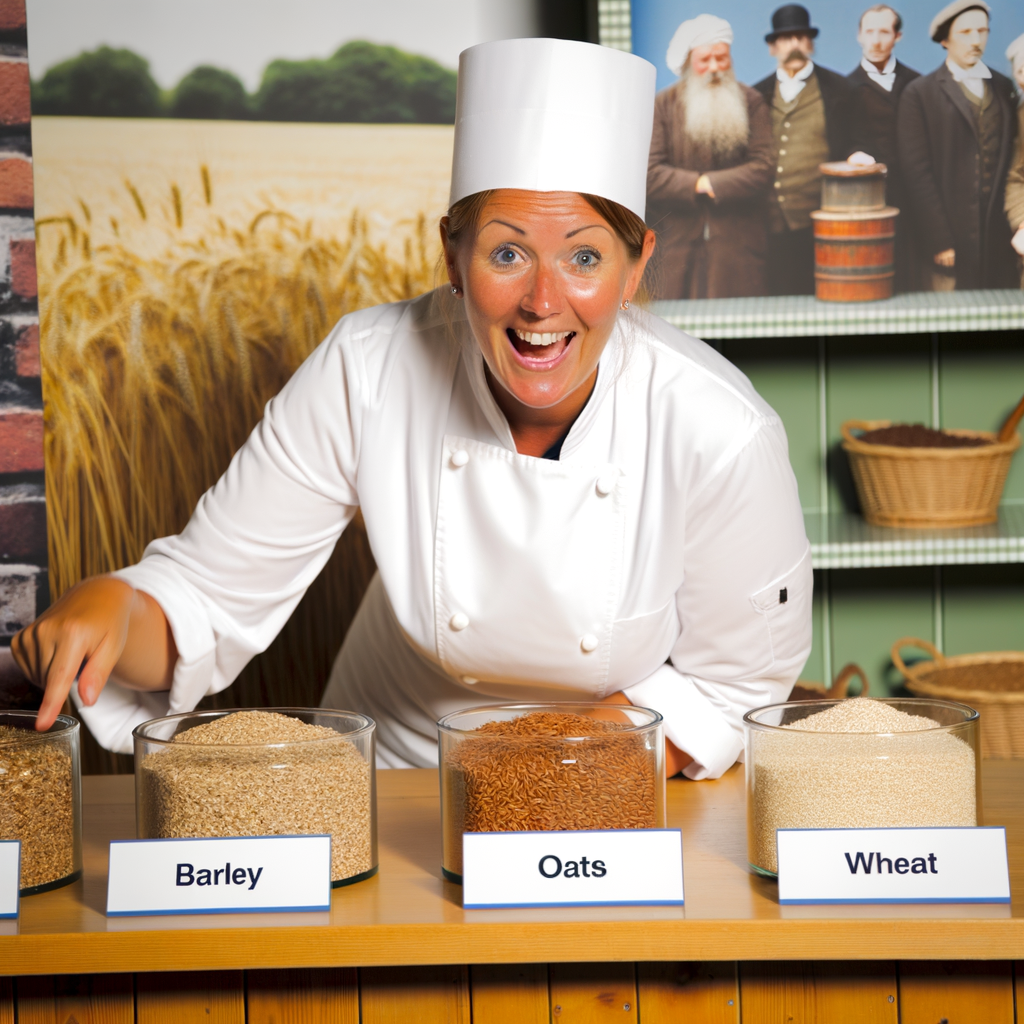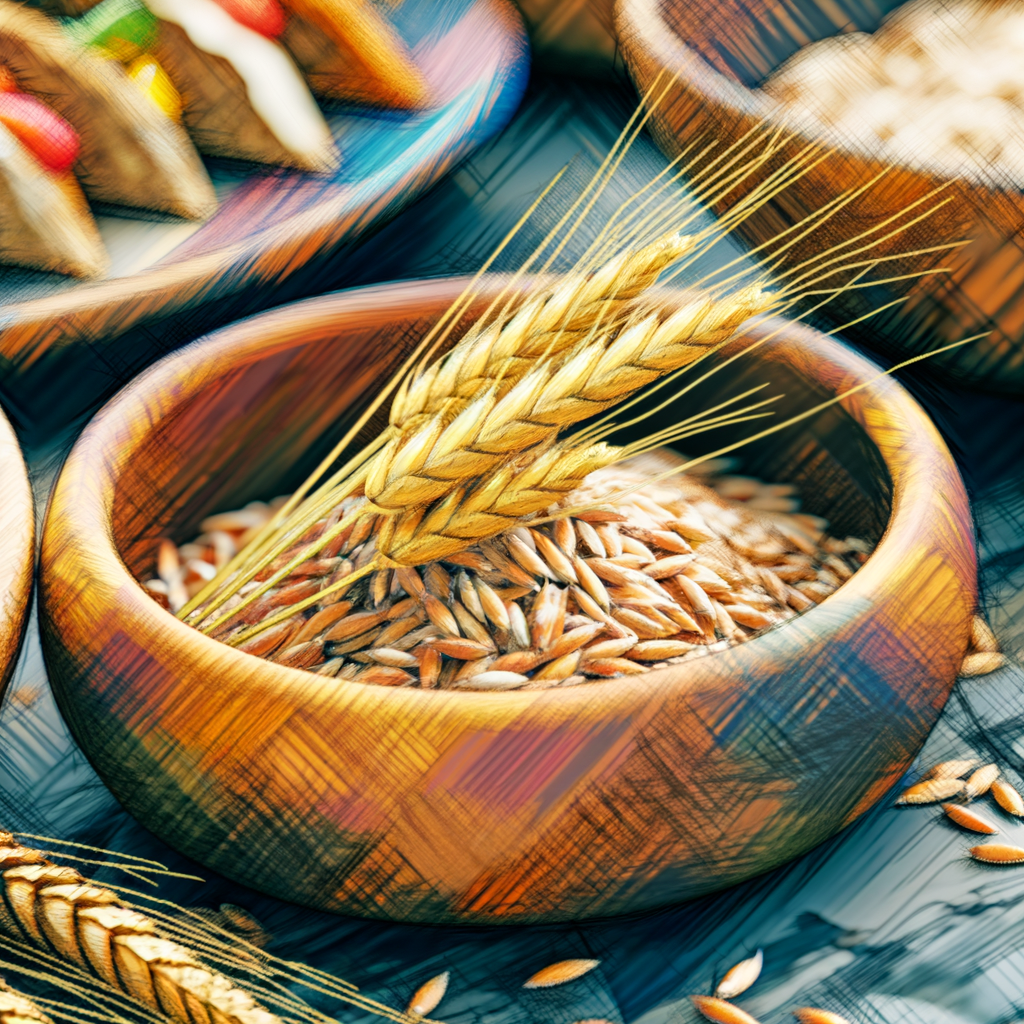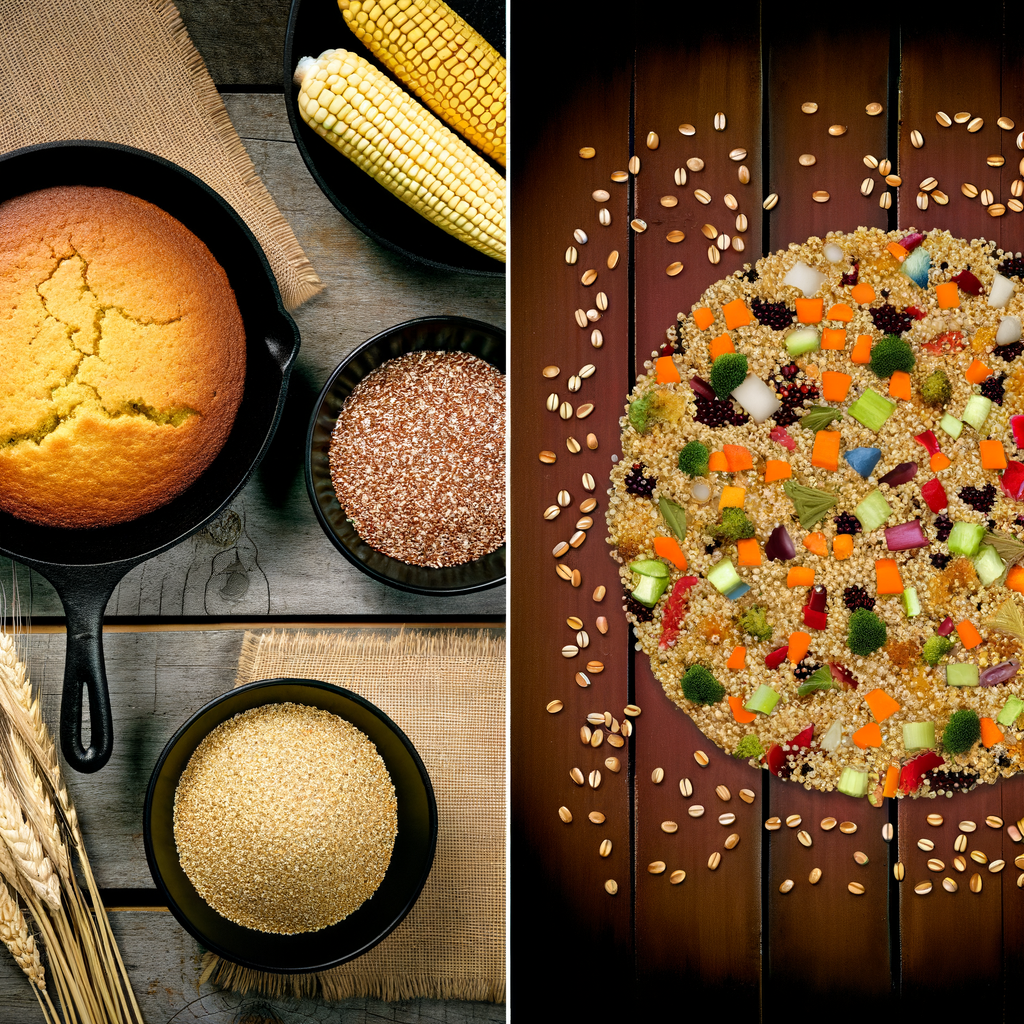When it comes to British cuisine, there is no denying the importance of grains. These humble ingredients have been a staple in British cooking for centuries, and they continue to play a vital role in modern dishes. From hearty loaves of bread to comforting bowls of porridge, grains are an integral part of British food culture.
One of the most well-known grains in British cuisine is oats. This versatile ingredient can be found in a variety of dishes, including traditional porridge, oatcakes, and even as a topping for fruit crumbles. Not only are oats delicious, but they also provide a good source of fiber and nutrients, making them a healthy addition to any meal.
Another staple grain in British cooking is barley. This hearty grain is often used in soups, stews, and risottos, adding a satisfying chewiness and nutty flavor to dishes. Barley also has a high nutritional value, containing a good amount of protein, fiber, and vitamins.
Wheat is another important grain in British cuisine, and it is used in a variety of forms. From whole wheat bread to pasta and cakes, wheat is a versatile ingredient that can be found in many dishes. Not only does wheat provide a good source of carbohydrates, but it also adds a delicious nutty flavor to dishes.
In addition to these grains, British cuisine also includes lesser-known grains such as rye, spelt, and quinoa. These grains add unique flavors and textures to dishes, showcasing the diversity of British food culture.
As an expert chef, I highly recommend incorporating more grains into your diet. Not only do they add flavor and texture to dishes, but they also provide essential nutrients. So next time you sit down for a British meal, take a moment to appreciate the humble grains that make it all possible.





